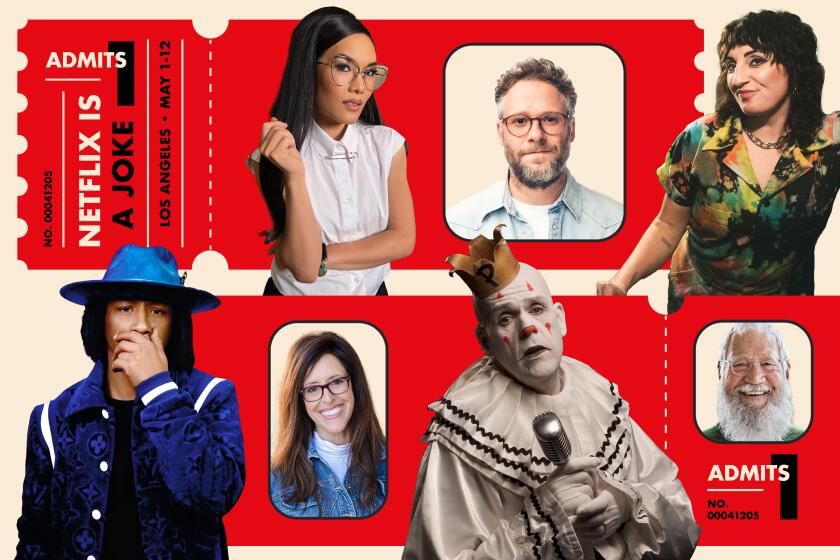Specter Cool to Studios’ Agenda on DVD Copying
The leader of a key Senate committee on Wednesday questioned the need for new laws to plug a technological hole that allows people to copy DVDs, threatening one of Hollywood’s top legislative priorities.
At a hearing, Senate Judiciary Committee Chairman Arlen Specter (R-Pa.) instead urged movie studios and consumer electronics manufacturers to continue meeting to try to hammer out a voluntary agreement to close what is known as the analog hole.
Because most homes still have analog TVs, DVD players and other devices convert video signals from digital to analog so they can be watched. But those red, yellow and white input and output jacks create a gap in copy prevention technology.
People who are determined to copy can bypass digital protection technology by converting DVD signals to analog and then back to digital on a hard drive or other recording device.
The process can be a hassle, but Hollywood studios say it’s a big factor in piracy. As broadcasters switch to digital signals, producers fear that their shows will be copied and distributed over the Internet.
The chairman and top Democrat on the House Judiciary Committee have introduced a bill requiring manufacturers to install technology that prevents the copying of digital images through analog jacks. But Specter and the Senate Judiciary Committee’s top Democrat, Sen. Patrick J. Leahy of Vermont, aren’t ready to follow suit.
“If you find an answer jointly, you’ll be a lot happier with it than what’s imposed by Congress,” Specter told representatives of both industries.
However, the odds of a voluntary agreement are slim.
The Motion Picture Assn. of America calls the analog hole a major piracy threat. Chairman and Chief Executive Dan Glickman said Wednesday that the hole could burst like the levees around New Orleans, unleashing a “flood” of illegal copying.
But the Consumer Electronics Assn. doesn’t even acknowledge it’s a problem and said proposed solutions would simply prevent average people from transferring movies from device to device in a home network.
A private meeting that Specter organized this month to work out an agreement was highly contentious, two participants said. So was a Senate Judiciary Committee hearing Wednesday that featured an executive with TiVo Inc. accusing studios of trying to turn the play button on digital video recorders into a “pay” button.
“Every time you watch, you pay,” said Matthew Zinn, TiVo’s senior vice president, general counsel and chief privacy officer.
Leahy recalled pleas from Hollywood in the 1980s to pass laws restricting the use of videocassette recorders amid similar fears that the technology would devastate the studios financially. But in fact, VCRs opened a huge revenue stream in home video, and later DVD, sales.
“We have to make sure a copyright is a copyright, but we also have to make sure we don’t put a heavy government brake on technology,” Leahy said.
The scope of the problem of illegal copying through analog devices is subject to debate. Glickman said a 2005 study estimated that Hollywood studios lose $1 billion to $1.5 billion a year on such copying. But Zinn and Gary Shapiro, president and chief executive of the Consumer Electronics Assn., strongly doubt those numbers, saying most of that activity is not piracy but legal copying by consumers.
“Pirates don’t use analog-to-digital. They use digital-to-digital,” Zinn said, referring to the tools favored by movie bootleggers. “The only people affected by this legislation are ordinary law-abiding citizens.”
Specter asked Glickman to submit details of the study’s methodology. Said Sen. Orrin G. Hatch (R-Utah): “I don’t think this is as big a problem as some think it is.”
Glickman promised to provide more information.
“We’ve got to quantify the problem for them,” he said after the hearing. “We’ve got to convince them.”
More to Read
The biggest entertainment stories
Get our big stories about Hollywood, film, television, music, arts, culture and more right in your inbox as soon as they publish.
You may occasionally receive promotional content from the Los Angeles Times.







